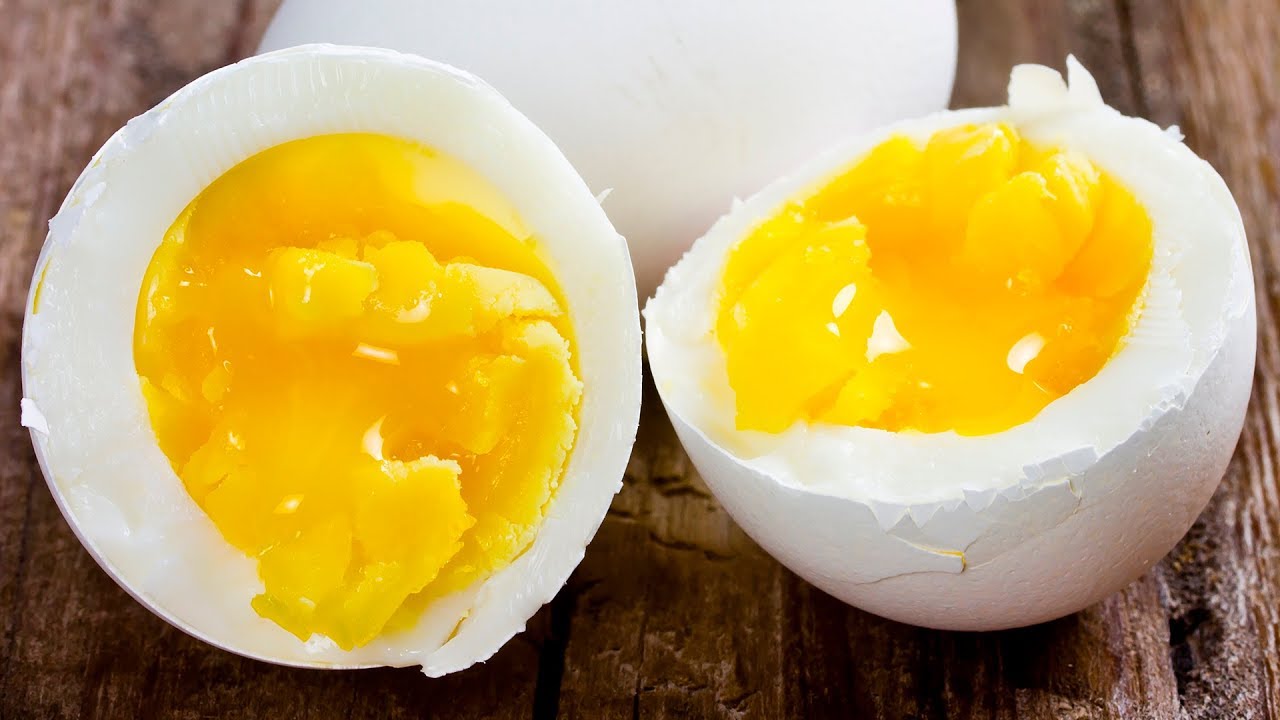What’ll Happen to You If You Start Eating 3 Eggs a Day?

Eggs have been getting a bad rap in the health and fitness community because they are associated with cholesterol and weight gain.
Others say they may trigger a heart attack. But you might be missing more benefits than you realized. But we’ll crack the myths behind eggs, especially the egg yolks and let you know what will happen if you eat 3 eggs a day.
It is important for individuals to be cautious about consuming three eggs per day if they have certain health conditions or dietary restrictions that require limiting their egg intake.
Eggs are one of the most versatile foods, with a plethora of preparation methods and culinary applications. Whether boiled, fried, or scrambled, consuming eggs is a popular dietary choice for millions across the globe. But what happens to you if you start eating three eggs per day? In this article, we’ll explore the potential benefits and drawbacks of such a routine.
Firstly, it’s essential to note that eggs are a nutrient-dense food, packed with vitamins and minerals that contribute to overall health. Consuming three eggs per day can provide significant amounts of vitamins A, D, and E, selenium, and choline, among others. These vitamins and minerals help support immune system function, eye health, bone health, and cognitive function, among other benefits.
However, consuming three eggs per day can also lead to an increased intake of dietary cholesterol. One large-sized egg contains 186 milligrams of cholesterol, and consuming three per day would bring the daily intake to over 550 milligrams, which exceeds the recommended daily limit of 300 milligrams. High cholesterol intake can contribute to heart disease, stroke, and other similar conditions.
Furthermore, the method of cooking eggs can also impact their health benefits. Boiled or poached eggs retain more of their nutrients compared to fried eggs, which can lead to a higher calorie intake due to the addition of oil or butter.
Another consideration is that consuming three eggs per day may not be suitable for people with certain health conditions or dietary restrictions. For example, individuals with diabetes or high blood pressure may need to limit their cholesterol intake, which would require minimizing egg consumption.
In conclusion, consuming three eggs per day can provide an excellent source of vitamins and minerals, along with potential health benefits. However, it’s crucial to note the potential drawbacks of an increased intake of dietary cholesterol and caloric intake due to cooking methods. Consultation with a healthcare professional or registered dietitian can help determine the right intake amount based on individual health needs and goals.










MEETING THE ENEMY A feminist comes to terms with the Men’s Rights movement
THE PERFECT LEG WORKOUT TO BUILD BIG STRONG LEGS | My Top Tips
How To Trick Your Brain Into Falling Asleep
Soon We’ll Cure Diseases With a Cell, Not a Pill | Siddhartha Mukherjee | TED Talks
ASMR Sound & Visual Hypnosis Therapy | Help For Seasonal Depression